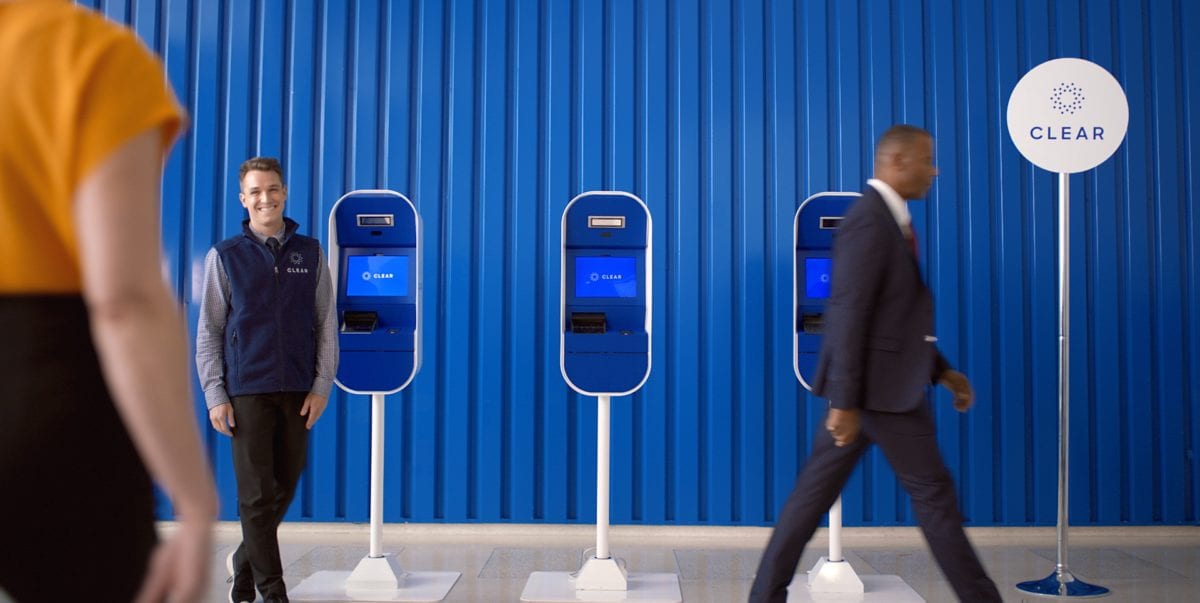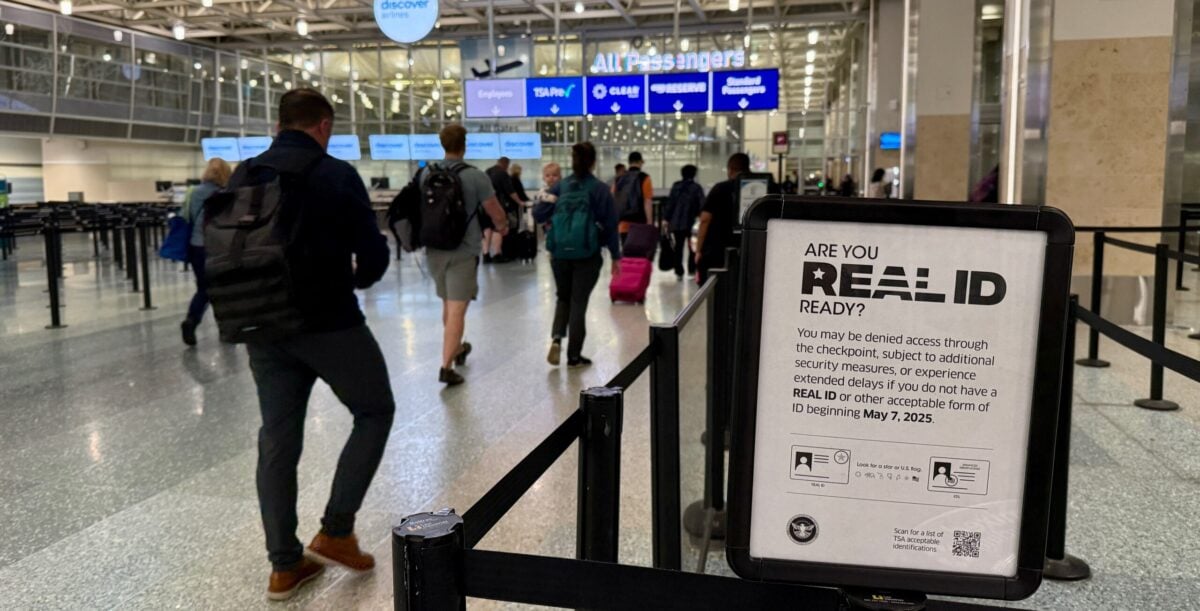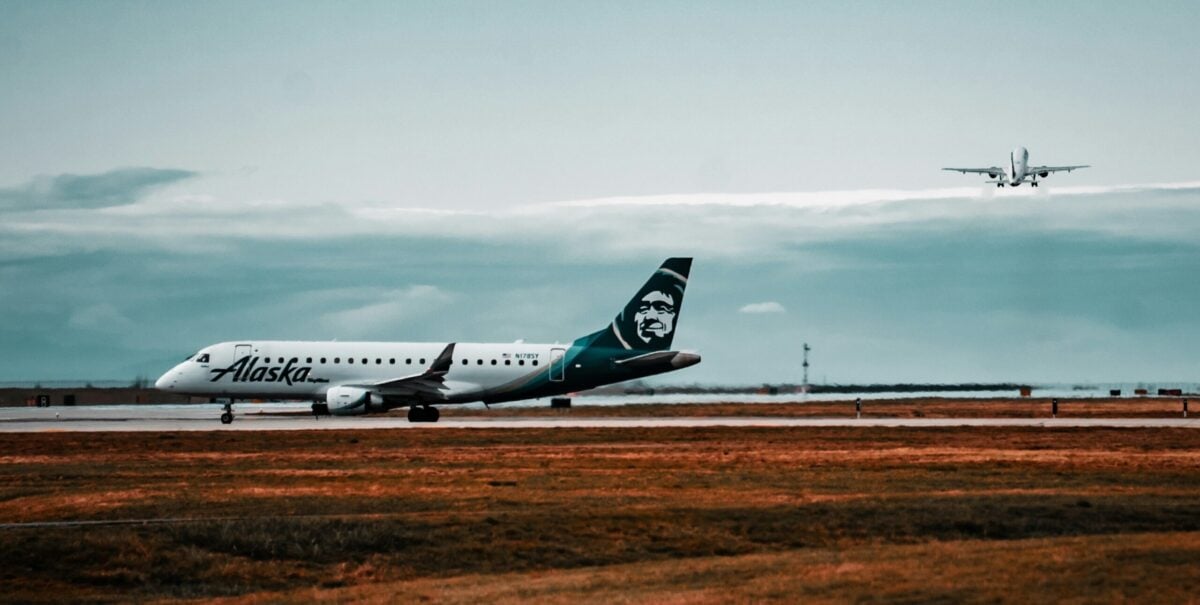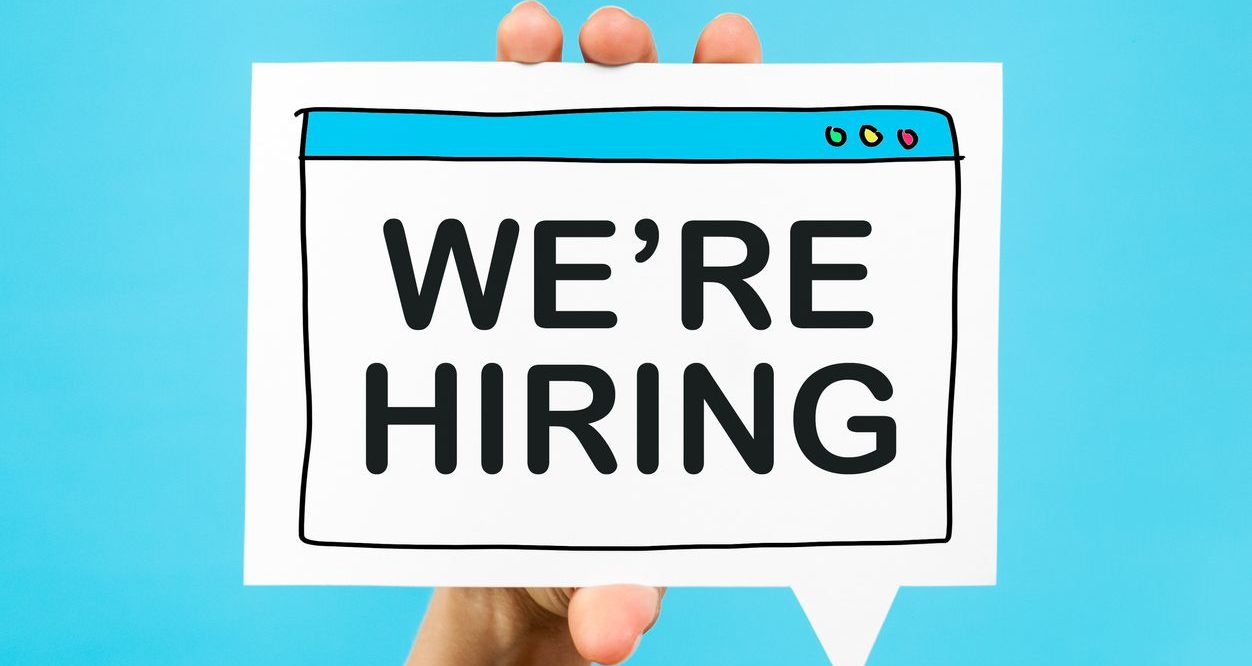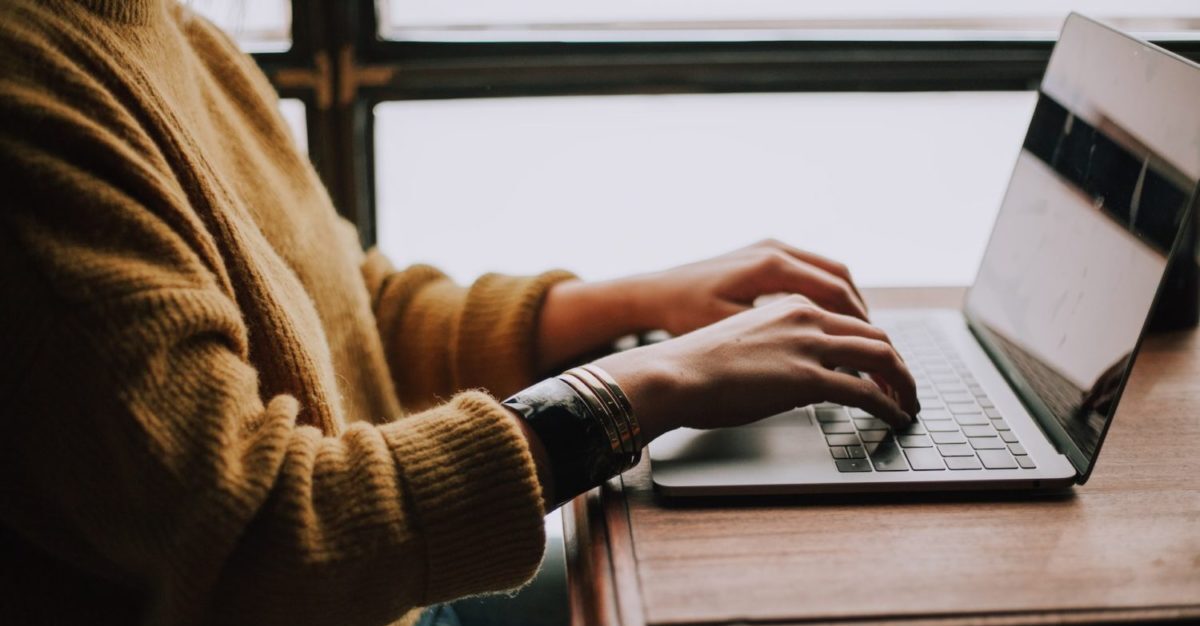
How to Survive (Or Avoid) Flight Cancellations & Delays
Summer travel season is officially here, and that means travelers across the country are understandably asking themselves the same question: Will my flight home get delayed and canceled again this year? It's smart to be concerned about the latest round of travel chaos - especially with ongoing issues at one of the country's biggest airports in Newark (EWR). While most airlines are performing...

